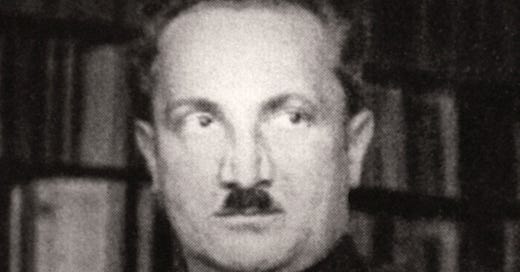Dasein, Power, and Evil: A Critique of Philosophical Neutrality
What is often missing in philosophical discourse is the recognition that not all individuals (Dasein) exert the same level of influence on reality, particularly in terms of shaping or conditioning it.
Some individuals (Dasein) possess the power to condition the existence of others (Dasein) by imposing their ideologies, often forcefully. This imposition is carried out through geopolitical strategies that serve various interests, including:
1) Personal Power
2) Corporate Power
3) Financial Power
These three dimensions ultimately fall under a broader and more insidious agenda (A - Point):
"To introduce and propagate the power of Evil in the world"
Today, this ultimate aim has become increasingly evident in global events.
Philosophical analysts often generalize philosophical concepts as they are universally valid for all existences, but this assumption is flawed. Not every Dasein experiences or exercises the same influence, nor does philosophy operate from a neutral standpoint.
In fact, many philosophers—whether knowingly or unknowingly—have contributed to structuring what I called the "A-Point." For instance, thinkers such as Nietzsche, Hegel, Fichte, Feuerbach, and even Goethe have played significant roles in spreading ideas rooted in Masonry or Gnosticism. These ideologies have culminated in the current state of the world, where what can be described as a "Satanic sneer" has become definitely apparent.
Consider Heidegger and his ties to Nazism. His philosophy, focused on structures rather than individual human beings, casts humanity as entities subjected to an indifferent world, devoiding them of any inherent human value
.




